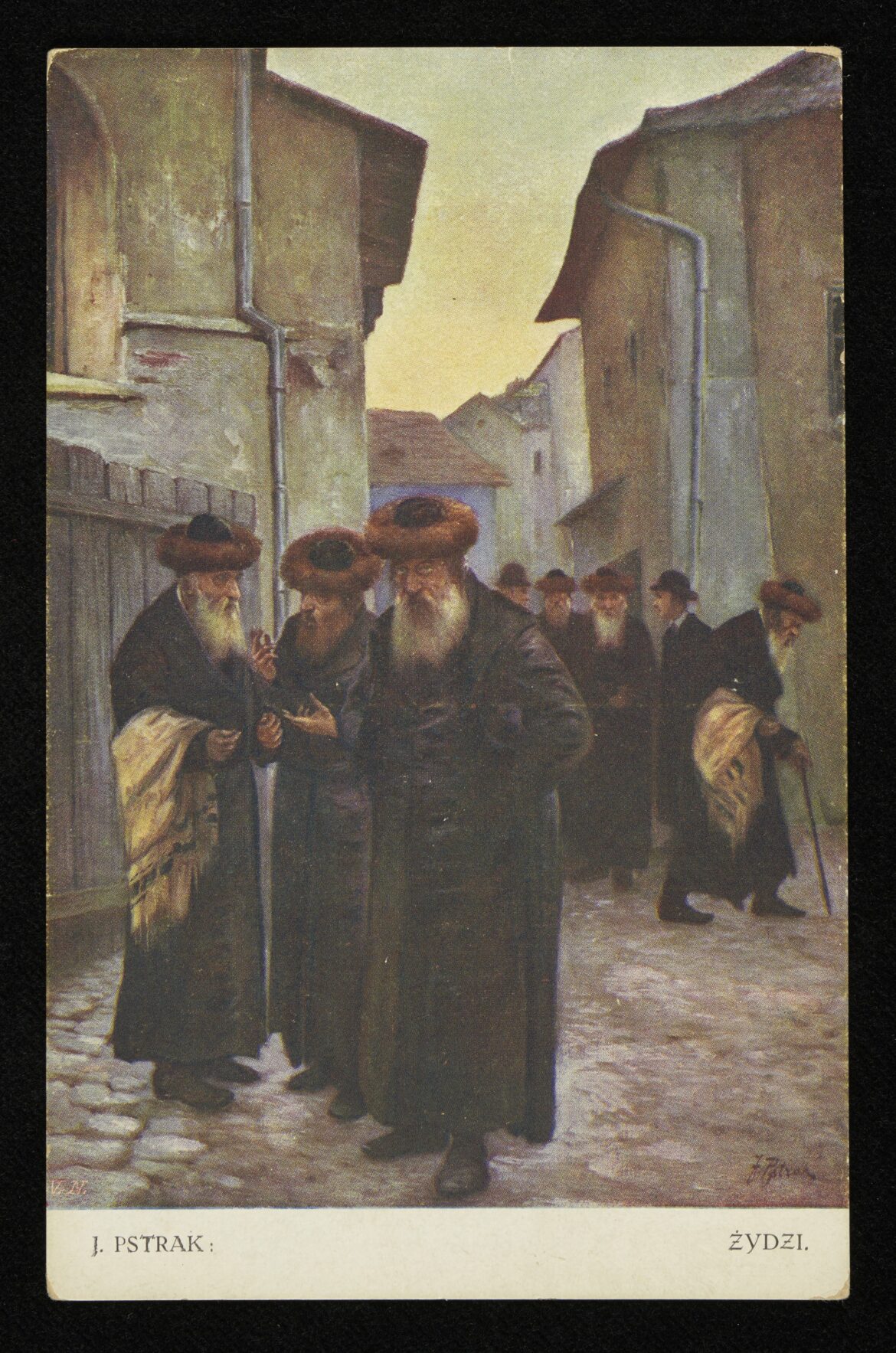Until the end of the 18th century, a significant part of the Jewish population living in the lands of the Polish-Lithuanian Commonwealth did not have surnames, and the nicknames or epithets used to refer to a given person or family were characterised by randomness and variability. The exceptions were families taking part in Polish public life, for whom having hereditary and unchanging surnames was a necessity.
Such a situation was unacceptable to Austria and Prussia, countries in which the bureaucracy and the clerical apparatus were important for the organisation of the state. After the partitions of the Polish-Lithuanian Commonwealth (1772-1795), the administrations of these occupying states began to give surnames to Jews. So-called naming committees were set up for this purpose.
This initiative met with passive resistance from the Jewish population, which in turn caused reluctance on the part of officials. Some of those employed on the committees (consisting mainly of military officers) committed abuses, giving ridiculous or absurd names.
Wealthy Jewish families paid officials to obtain surnames that were considered respectable in the Jewish community. The most popular surnames included those with the elements Perl-, Gold-, Silber-, Rosen-, Blumen-, Löwen-, Lilien-, Veilchen- (pearl, gold, silver, rose, flower, lion, lily, violet) and those ending in -berg (hill).
Officials also liked to give surnames derived from the names of Prussian or Austrian cities and towns, or associated with a particular place, e.g. bach, feld, dorf, garten, heim (stream, field, village, garden, house).
A significant proportion of Jewish names have an Old Testament reference. The already mentioned ending -berg was used in conjunctions pointing to Mount Sinai, the ending -baum in those pointing to the tree of Jesse, -man – in those referring to the biblical Adam.





